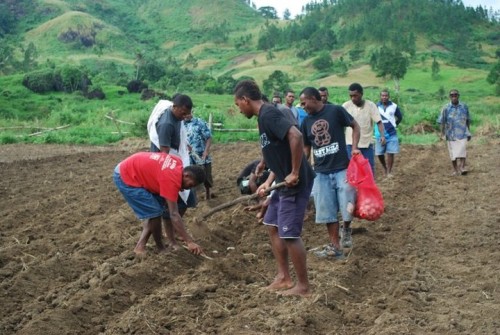More than 10,000 small-scale farmers from Kogi State in Nigeria are to benefit from a $200 million grant under the World Bank-assisted Agro Processing Productivity Enhancement and Livelihood Support (APPEALS) project.

Dr Abdullahi Ozomata, State Project Coordinator of APPEALS in Kogi, told disclosed on Wednesday, January 9, 2019 in Lokoja, the state capital, that the project was aimed at promoting transition from subsistence farming to agribusiness in seven states, including Kogi.
Ozomata said that the World Bank grant, in line with the “Green Alternative”, aimed to support value addition cluster farmers in three crops – rice, cassava and cashew – in which the state has comparative production advantage.
He said that the baseline study of the project implementation had been concluded while the needs assessment was ongoing to identify production gaps in the crops’ value chain.
The SPC said that Kano, Kaduna, Enugu, Cross-River, Lagos and Kogi states were selected after a competitive selection process for the APPEALS project expected to last seven years.
According to him, small-scale farmers holding between one and five hectares would be upgraded to between five and 10 hectares in the various crops’ value chain crops.
He said that existing data on farmers in the state would be subjected to validation to enable the project to identify the real farmers.
“We are looking forward to working with the real farmers and not political farmers. The project is also going to look at rural infrastructure and farm clusters so that it can enhance their farming activities and livelihood.
“Women and youths’ sub-component also give them the opportunity to partake in other farming activities within the priority value chain of the project,” he said.
Ozomata added that the APPEALS project had five main components including Production and Productivity Enhancement, Primary Processing, Value Addition, Post-harvest Management and Women/Youth Empowerment.
He listed other sub-components to include Infrastructure Support, Technical Assistance, Knowledge and Communication, as well as Management and Coordination, adding that the sensitisation programme would include all stakeholders.
Ozomata solicited the support and cooperation of the media and all other stakeholders for the success of the project in the state.
By Friday Idachaba
